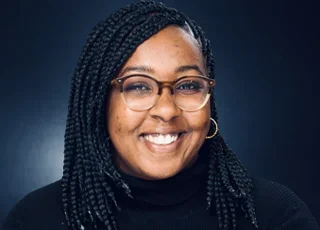Society Culture and Thought Faculty
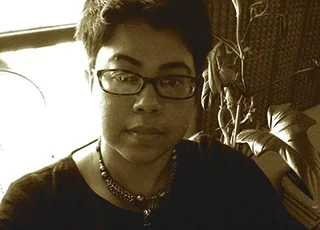
When natural disaster strikes, its effects are not experienced outside of history: Lopamudra Banerjee’s work brings together issues of the environment and development to explore how the poor experience such events in disproportionate ways.
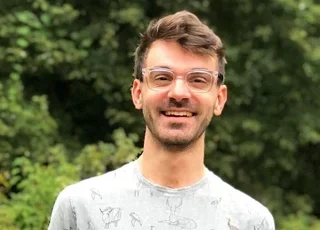
Marios Falaris is a socio-cultural anthropologist whose work considers the effects of militarization in everyday life, focusing on intimacy, gender, mood, and sound, in Indian-occupied Kashmir and in Baltimore, Maryland.
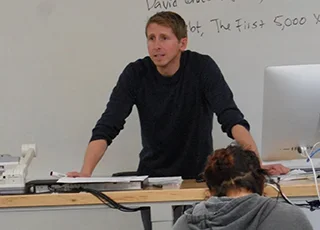
John Hultgren's work explores the theoretical and ideological foundations of environmental political struggles.
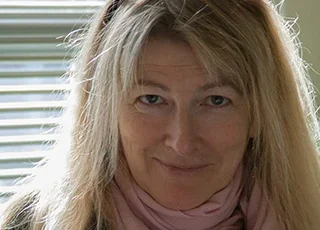
Carol Pal is a historian who works on the intellectual history of early modern Europe. A former auto mechanic and pastry chef, she now focuses on the histories of science, medicine, the Republic of Letters, and knowledge production—with an emphasis on how women were always part of the picture.
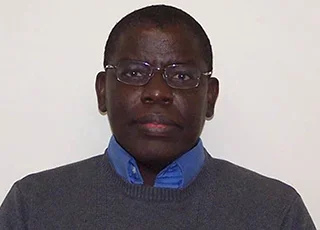
Rotimi Suberu’s research on Nigerian government and politics and international relations have prompted invitations to consult for the Nigerian government, the World Bank, the National Endowment for Democracy, Freedom House, and the Forum of Federations.
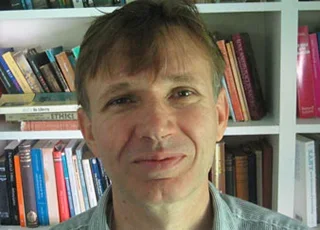
Paul Voice is a scholar of moral and political philosophy with interests in problems of justice, liberalism, and pluralism.
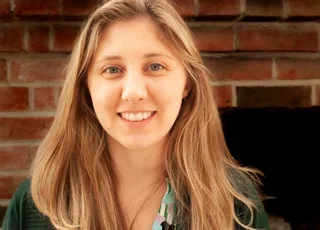
Emily Waterman is an applied developmental scientist who aims to promote youth development through mixed-method research and evaluation.
Visiting Faculty

Anne Gilman employs behavioral, big-data, and electrophysiological methods to track the impact of long-term expertise on fast-acting cognitive processes. Her research on musical training and language expertise as influences on memory informs the design of multimedia displays.
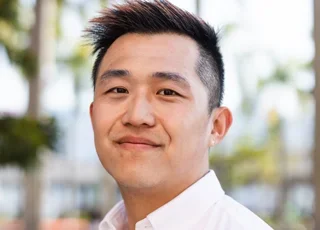
Alexander Jin is a historian of gender, sexuality, and Asian America whose work focuses on queer Chinese migrants and diverse histories of sex work.
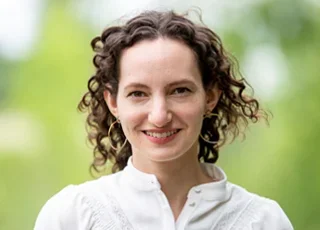
Emma Kast’s work focuses on the history of political economic thought. Her recent research locates notions of deservingness in theories of capitalism.
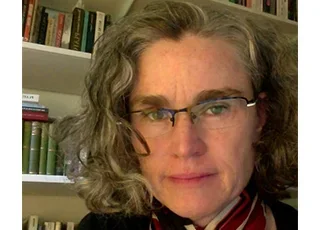
Catherine McKeen is a philosopher whose research focuses on ancient Greek thought, gender, and politics.
Emerita/Emeritus Faculty
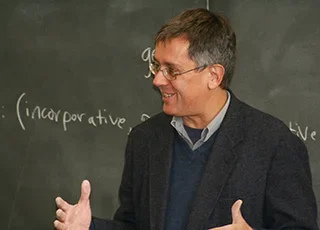
David Anderegg has informed and comforted millions of parents with his books and writings on children and the mind, backed by extensive research and a longtime psychotherapy practice.

Mansour Farhang’s long career in international relations has included a diplomatic post and many distinguished research and teaching positions. He previously taught at Bennington for more than 30 years.
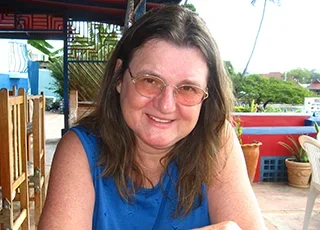
Prazak teaches anthropology and African studies, specializing in economic development and cultural change in East Africa, using multidisciplinary research strategies to address globalization, inequality, culturally-based ways of knowing, gender-based violence, and politics of the body.
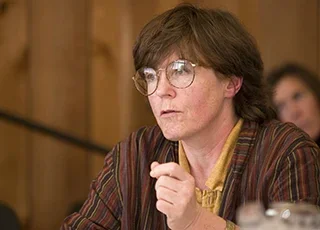
Eileen Scully is an award-winning scholar of American diplomacy and international history. Her recent work explores historical understandings of human trafficking and international customary law on the coming, going, and staying of destitute, physically disabled migrants.
